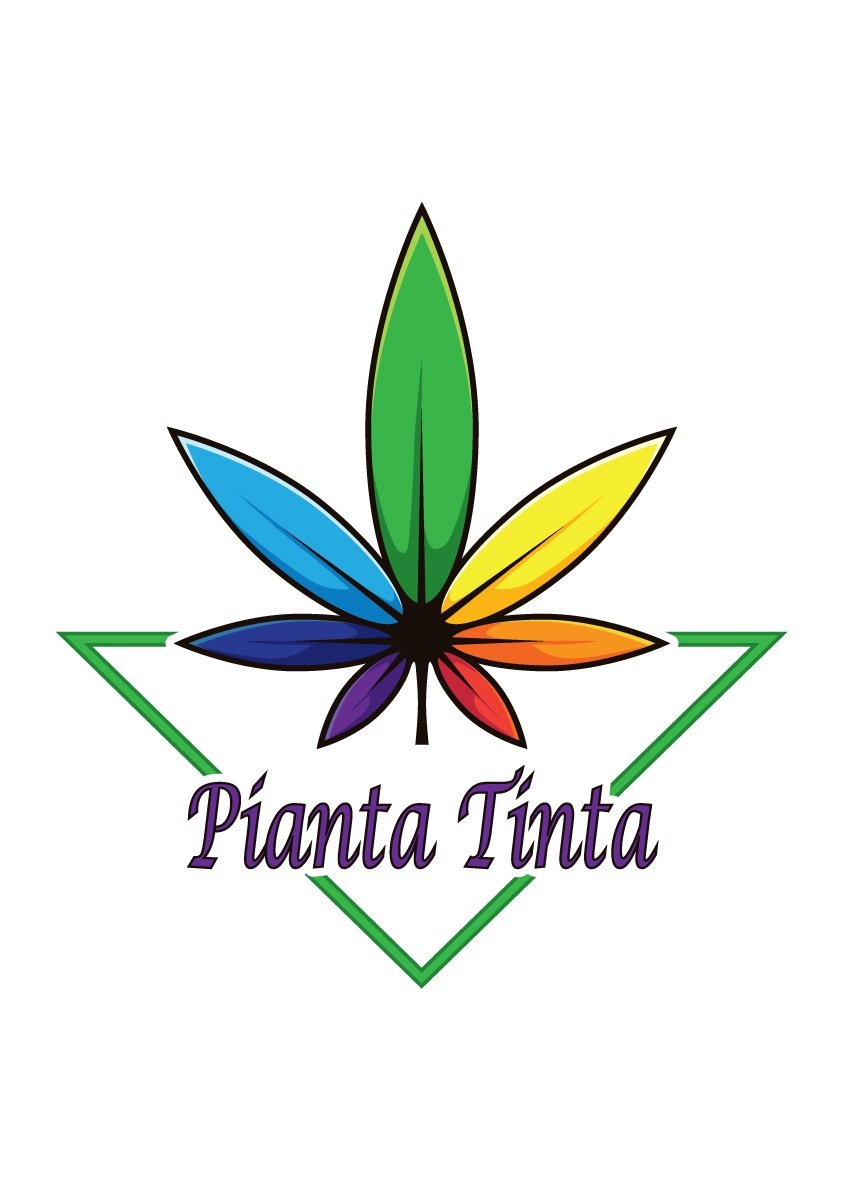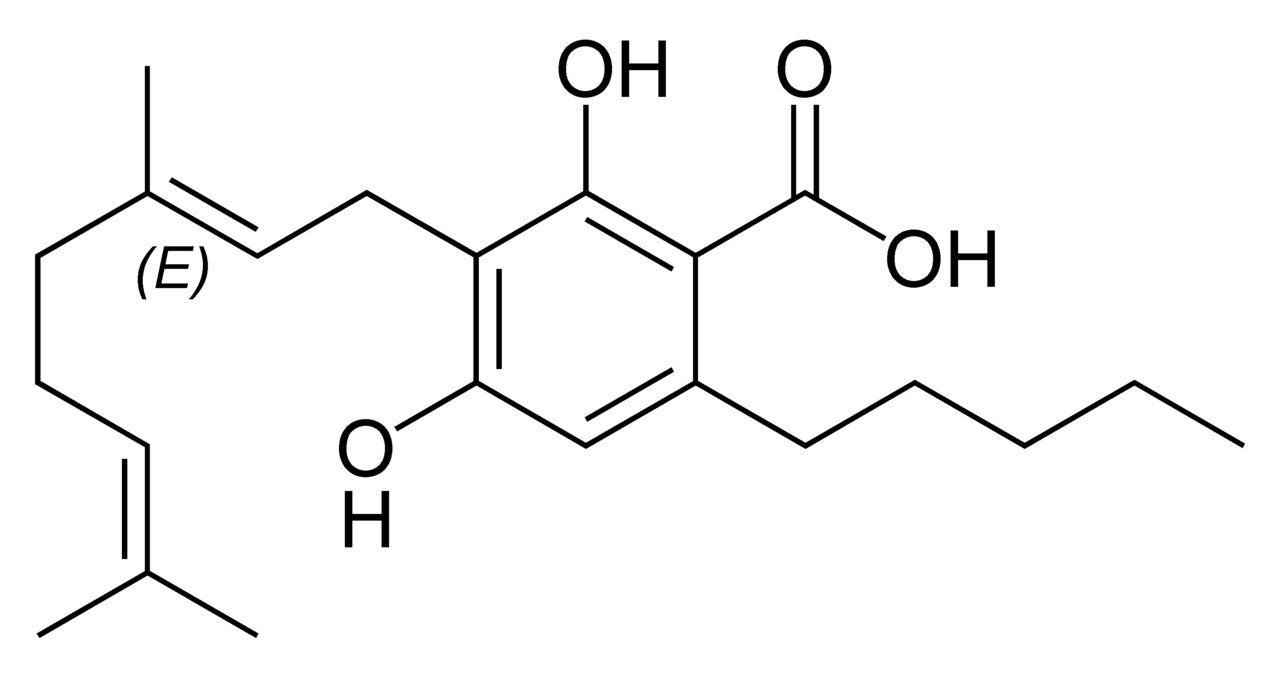This article from Green Flower Media is a great article that explains Cannabis overdose, why it isn’t fatal, what you should do if you find that you took to much THC…Using medical cannabis tinctures help you to avoid this issue, but it is still good to know if you ever find yourself in this situation.
byAnna Wilcox 3/21/2018 www.greenflowermedia.com
The cannabis overdose is not lethal but important to recognize.
Given the cannabis’s bad reputation as an illicit substance, many find it surprising to know that cannabis is non-toxic.
In fact, there has yet to be a single recorded death caused by cannabis.
Yet, just like with coffee or sugar, consuming too much cannabis can still resort in an uncomfortable experience.
The biggest risk for cannabis newcomers, is that they’ll experience an overdose and never trying cannabis again.
This is unfortunate because they could have a completely different experience if they took a much smaller dose next time.
Learning more about the cannabis overdose, how to avoid it, and how to deal with it, is important for this reason.
Here’s what happens when you consume too much cannabis and some tips on how to deal with it when it does happen:
What is a cannabis overdose?
People are overdosing on cannabis quite regularly. But they don't always realize it.
You may be wondering, if cannabis is non-toxic is it possible to overdose on the herb?
The answer to this question is yes, it is possible to overdose on cannabis.
However, a cannabis overdose is not fatal like an alcohol or caffeine overdose.
No matter how much cannabis you consume, the herb does not suppress the respiratory system like many other substances.
With substances like alcohol, an overdose can cause the respiratory system to shut down and thereby prevent you from breathing. This is called central respiratory depression.
This suppression of the respiratory system can kill you or cause organ and brain damage.
Cannabis compounds, on the other hand, do not cause central respiratory depression when used on their own.
This means that you cannot fatally overdose on the herb.
Instead, a “cannabis overdose” may cause you to fall asleep or simply have an uncomfortable psychoactive experience.
While some people become so frightened that they prefer to get themselves to an emergency room, the negative side effects of consuming too much cannabis will usually dissipate within a few hours.
Overdoses are significantly more common with edible cannabis.
Edibles take longer for the body to metabolize, and the effects can take anywhere from 30 minutes to two hours to fully express.
Many consumers make the mistake of eating more edibles before the first two-hour window has passed.
When BOTH doses take effect, it may be significantly stronger than you had expected.
The edible cannabis experience is also stronger and longer lasting than the inhaled experience.
When trying edibles for the first time, it is highly recommended to start with half of a dose and work up two hours after your first treat.
What are the symptoms of cannabis overdose?
Consuming too much psychoactive cannabis can create temporary discomfort.
It’s helpful to understand that cannabis is classified as a biphasic substance.
This means if you take too much, it could have the opposite effect of what you intended.
For example, if you take cannabis to help with a bout of nausea – too much could actually make you more nauseous.
However, the effects of a “cannabis overdose” are typically manageable so long as you maintain a calm mindset and get yourself to a comfortable environment.
Here are five possible side effects of a “cannabis overdose”:
1. Fatigue
Eating too much of an edible or inhaling too much cannabis can make you very sleepy.
In fact, if you accidentally overdose on the herb one of the primary side effects is sleep.
Reduced energy levels can take a toll on other parts of your life.
This is a good thing since sleeping off the effects of the herb can save you from some of the more uncomfortable traits of a cannabis overdose, like anxiety and paranoia.
2. Paranoia
Paranoia and anxiety are perhaps the most debilitating outcomes of a cannabis overdose.
While cannabis is non-toxic and will not cause serious or lasting harm, it’s not uncommon for consumers to think that the problem is more severe than the reality.
This is because excess THC can trigger anxiety and paranoia in some people.
In high doses, THC can trigger panic attacks.
During a panic attack, cannabis-induced or not, it is not uncommon for people think that they are dying or having a heart attack.
This can be very uncomfortable and frightening to some people.
Should this happen, it is important to safely get yourself to a calm and quiet place where you can rest and get some sleep.
It is also important to recognize that you may be having a panic attack.
Practicing some deep breathing and focusing on calming your thoughts can help you cope with the situation.
3. Rapid heartbeat
For some people, especially new consumers, cannabis can cause a rapid heartbeat.
These effects often go away with tolerance, though it is important for those with heart conditions to monitor their heart rate after consuming the herb.
This rapid heart beat can aggravate anxiety or perhaps stimulate a panic attack in some consumers.
Heart rate slows down significantly within one hour or so after inhaling the herb and returns to normal within two hours.
4. Decreased blood pressure
THC can cause a drop in blood pressure.
This is the reason why cannabis causes the blood vessels in the eyes to dilate and turn red.
With tolerance, the herb’s effect on blood pressure decreases.
However, taking a dose of cannabis that is too high can exaggerate this side effect.
5. Skewed movement
Some substances, like alcohol, can severely impair motor control such as your ability to walk and stand correctly.
A cannabis overdose can also skew your movement, though to nowhere near the same extent as other substances.
Slumping more and changes in your walking gait can occur.
The sensations of movement may also feel different than normal, which may cause you to move your body in odds ways.
The active compounds in cannabis also affect parts of the brain that influence motor control, which can make you feel less coordinated.
What to do if you have a cannabis overdose?
First of all, don’t panic.
The cannabis itself is not going to harm you.
You can try several different things to help you make it through this experience.
If you overdosed while inhaling cannabis, the misery will only last a few hours.
With edibles, several hours.
So what can you do? Here are a few ideas:
1. Have some CBD
CBD has a synergistic interaction with THC.
If you have any CBD-rich products available, they could help mitigate the THC-induced anxiety you may be experiencing.
2. Try black pepper
Try chewing on a few fresh black pepper balls.
Black pepper has a terpene called beta-caryophyllene, which can also help mitigate the psychoactive effects of THC.
3. Change your environment
This could include turning down any loud music, getting some fresh air, or just going to another room.
A change of environment can help distract from the effects of cannabis overdose.
If you do go outside or for a walk – please be very careful.
4. Focus on something you like
A picture book, a video game, your favorite movie or album … whatever it is … diverting your attention from any negative side effects will make a big difference.
What is the correct dosage of cannabis?
Properly dosing cannabis can be quite the chore.
Everyone responds to the herb differently.
Dosage will also be different for someone who is just starting out versus someone who consumes the plant regularly.
Dosage will also be quite different depending on how you would like to use cannabis.
Depending on your situation, you may actually find less is more with cannabis dosage.
As a very general and unofficial guide, here is how psychoactive tetrahydrocannabinol (THC) is typically dosed:
Microdose: 2.5-5 milligrams THC
Standard dose: 5-10 milligrams THC
High dose: 15-20 milligrams THC
In certain medical situations, people may require much higher doses.
Novice consumers are often recommended to stick to low doses of the compound when first starting out.
This means opting for about five milligrams of THC (or less) or taking just a small inhalation or two from a vaporizer or smoking device.
Those who decide to continue to use cannabis over time will develop a tolerance to the herb.
Prior to developing a tolerance, a higher dose of THC, say 15 milligrams or so, may feel like an overdose to a cannabis beginner.
If you desire or require a higher dose, you can slowly work your way up over several days or weeks.
You can also work your way down the dosage ladder if you feel you’re taking more than you need.
This process of adjusting your dosage over time is called titration.
This same dosage may feel like a moderate dose to an experienced consumer.
Tolerance allows you to consume more cannabis without feeling the negative effects associated with consuming too high of a cannabis dose before the body is ready.
However, even experienced consumers with some tolerance to cannabis can feel the effects of an overdose when they consume higher than normal amounts of cannabis.
How to minimize negative experiences with cannabis
Even though cannabis has a remarkable safety profile, the plant still requires respect.
Being mindful of dosage amount is important, and there are a few other factors to consider:
1. Avoid overdoing it on a regular basis
Some people love the effects of cannabis and enjoy large doses.
Nothing wrong with that.
However, if you’re “overdosing” on cannabis regularly – not only will it jack up your tolerance, but it may also take a toll on aspects of your life including motivation and productivity.
Yes, it is possible to have too much of a good thing.
Experienced consumers are often surprised by the increased benefits they notice when consuming LESS cannabis.
2. Set and setting
This is important for any psychoactive experience.
Set refers to your general mindset, and setting refers to your immediate environment.
Consuming cannabis in a crowded place or before a board meeting may not be so helpful for everyone.
3. Be crystal clear on intent
Why are you using cannabis in the first place?
Is it helping you with a medical condition?
Maybe to relax and unwind at the end of the day?
People turn to this plan for countless reasons, and it can add a lot of value to your relationship with cannabis if you know exactly why you’re using it.
For beginners, it will take some practice and experimenting to find how cannabis helps them best.


